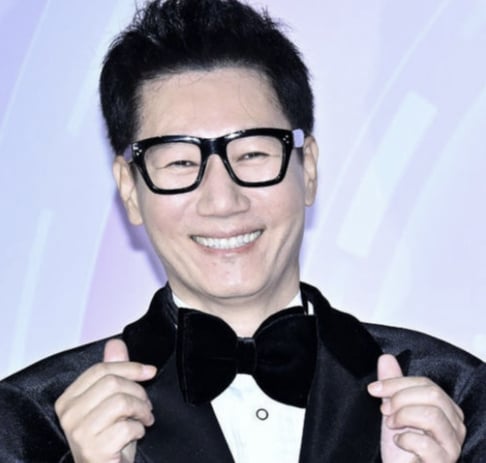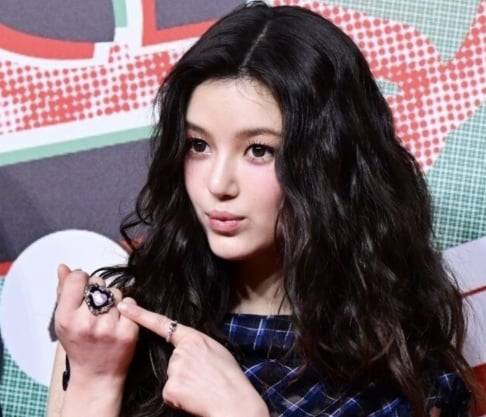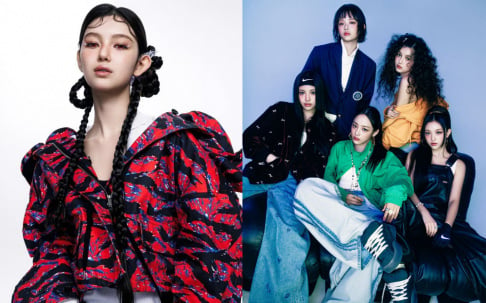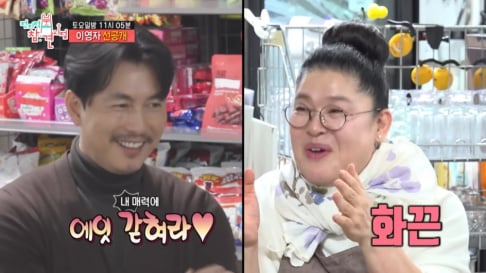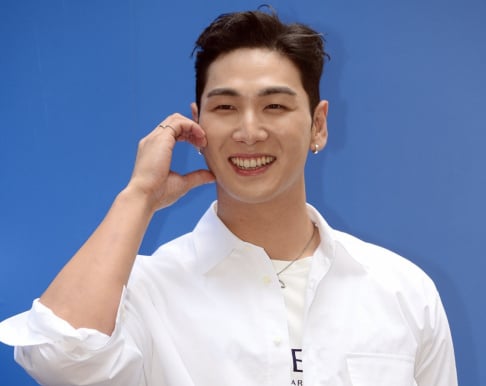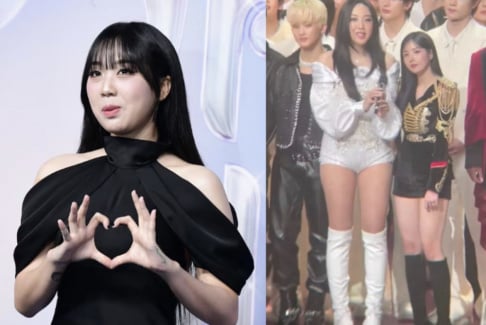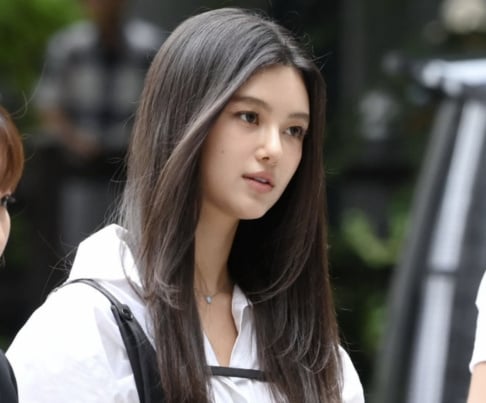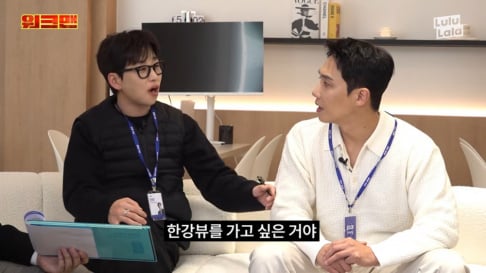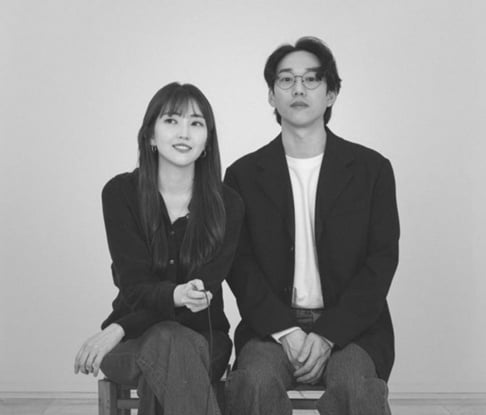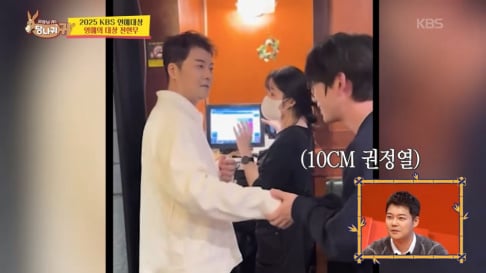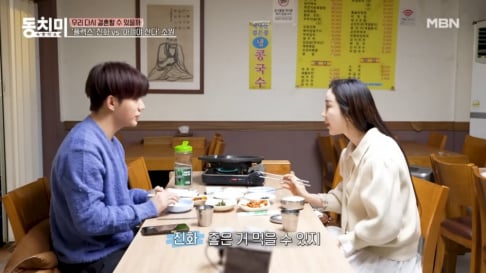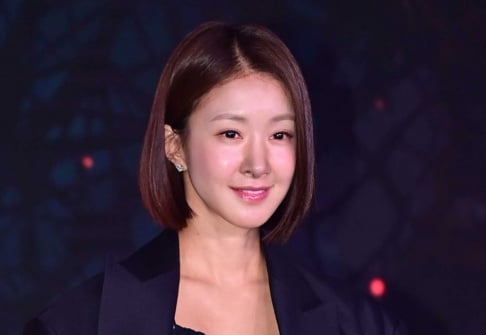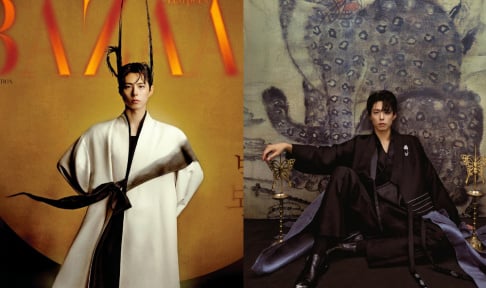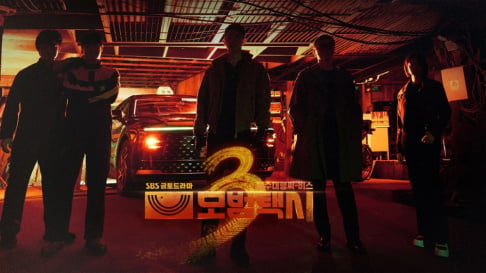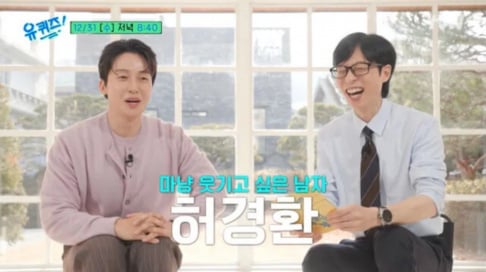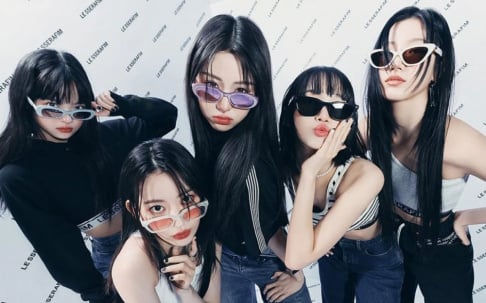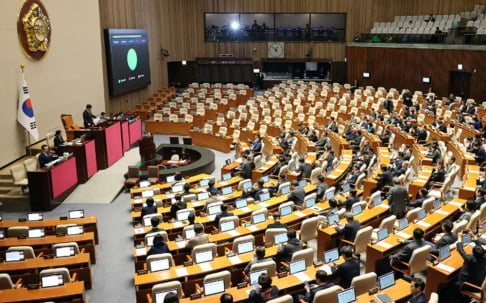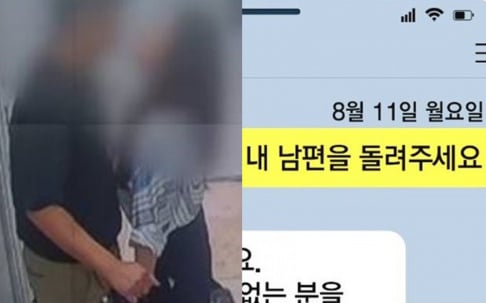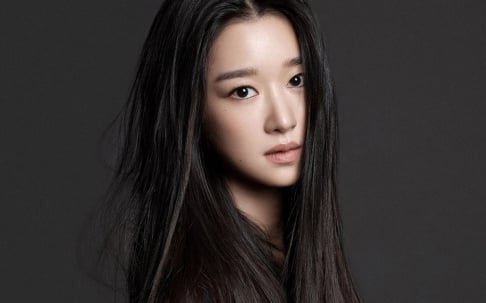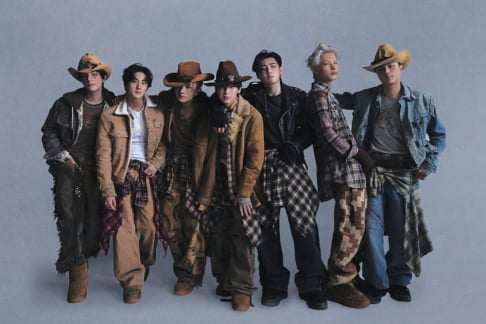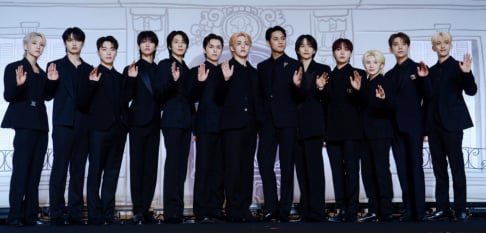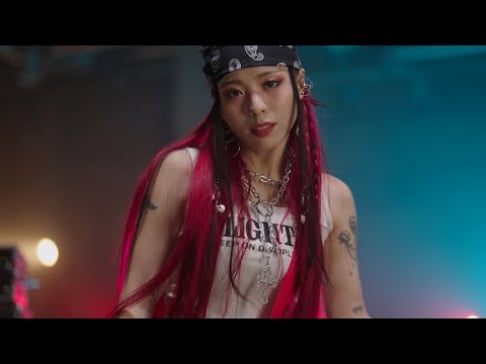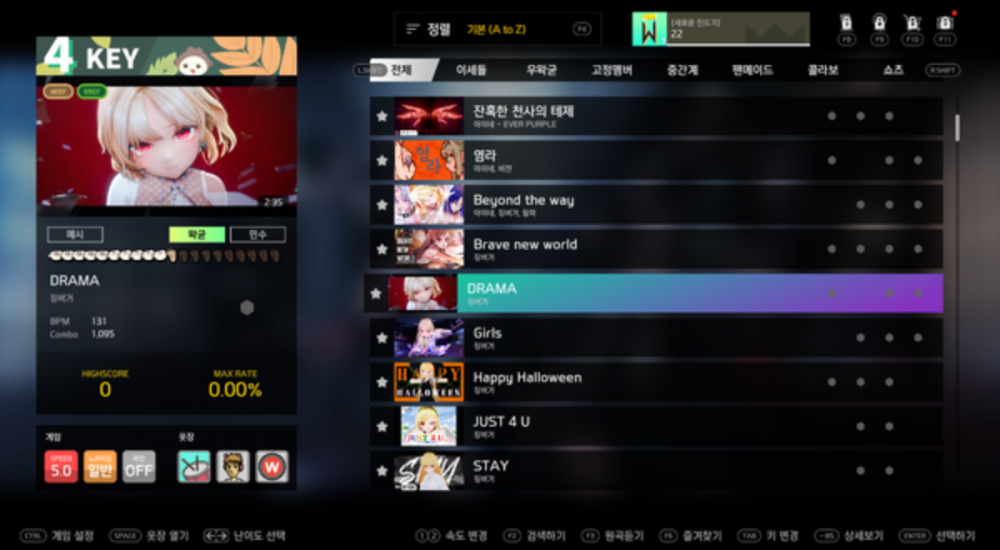
A copyright dispute has erupted between Woowakgood, one of South Korea’s most prominent game streamers, and the Korea Music Copyright Association (KOMCA) over the fan-made rhythm game ‘WJMAX’. KOMCA recently notified Woowakgood and the game’s lead developer that they are jointly liable for using more than 300 songs under the association’s management without permission, and intends to collect about ₩6.46 billion KRW (roughly USD 4.8 million) in usage fees. Woowakgood’s side argues that the figure is excessive and that KOMCA is overstepping its rights as a copyright trustee.
‘WJMAX’ is a keyboard rhythm game inspired by ‘DJMAX Respect V’, developed voluntarily by members of Woowakgood’s fan community. It won a 2022 year-end fan game contest hosted by Woowakgood and was distributed for free via a Naver fan café starting in January 2023. The game included tracks by Woowakgood’s virtual girl group ISEGYE IDOL and multiple cover versions of popular K-pop songs. Despite being unofficial content, it spread widely within the community over two and a half years, bolstered by Woowakgood’s influence as a virtual creator with 1.6 million YouTube subscribers and a long track record in streaming and fan-driven projects.
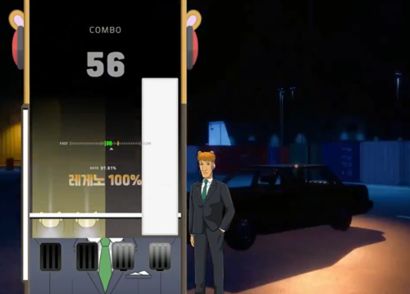
The controversy began when Neowiz, publisher of the official ‘DJMAX’ series, announced plans to add ISEGYE IDOL’s music to the game’s updates. Pushback from some DJMAX fans—already critical of past remarks by Woowakgood—led Neowiz to cancel the addition and tighten its guidelines, banning the creation or distribution of unofficial derivative games without prior approval. Attention then turned to possible copyright violations in ‘WJMAX’, as many songs in the game were covers of hit K-pop tracks by artists such as aespa and I-dle, used and distributed without authorization. Woowakgood halted distribution of the game and closed the platforms hosting it, but KOMCA asserted that the use went beyond “private copying” and constituted a violation of copyright law, warning of legal action.
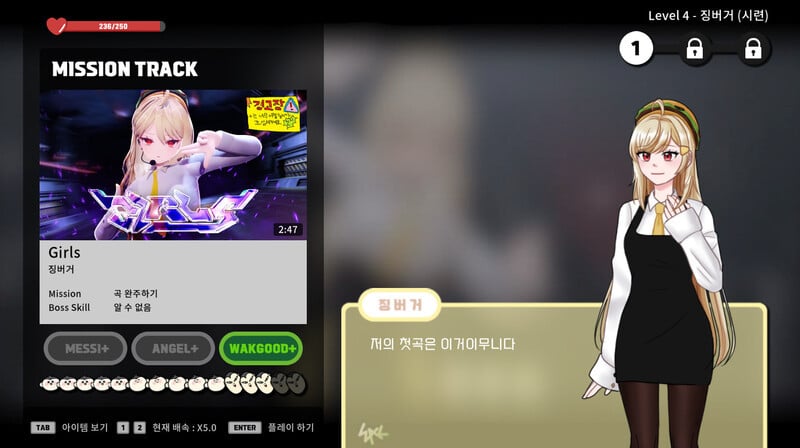
KOMCA holds both the developer and Woowakgood responsible. It says the developer, known by the handle “Simsimhanmogi”, infringed reproduction and public transmission rights, while Woowakgood facilitated infringement by hosting the contest, knowing of the unlicensed songs, playing the game on his monetized streams, and promoting download links in his community. Woowakgood’s agency, Parable Entertainment, counters that the claim is disproportionate given the non-commercial, fan-made nature of the work, noting that the developer earned only a ₩1.5 million KRW contest prize and no further revenue.
KOMCA’s calculation of the ₩6.46 billion usage fee is based primarily on an estimated number of game downloads: 341 songs × ₩77 KRW per track × 264,400 downloads × 91.93% rights share, amounting to about ₩6.38 billion for “on-demand download services,” plus roughly ₩77 million for the “online game/animation” category. KOMCA says the download figure was provided by Woowakgood’s side, but Parable Entertainment disputes this, claiming KOMCA used half the total page views of the download post as the number of downloads and later presented it as if the figure came from the agency itself. Both sides acknowledge that actual download counts are difficult to verify, raising concerns that the fee calculation may be based on unverified estimates.
The dispute comes against a backdrop of ongoing criticism of KOMCA’s fee structures and collection practices. In 2023, Korea’s Fair Trade Commission sanctioned the association for charging excessive fees to broadcasters, and earlier this year it sued OTT platform Wavve for over ₩40 billion KRW in unpaid royalties. The ‘WJMAX’ case has reignited debate over where to draw the line for copyright liability in fan-made derivative works, especially when they gain significant reach or generate indirect commercial benefit. Cultural critic Jeong Deok-hyun notes that copyright law also serves a public role in fostering creative culture, and that judgments on derivative works—such as fan art or parody—must consider the specific context. While casual fan creations may pose little commercial risk, he says, creators with substantial influence or a monetization structure bear a greater responsibility to secure prior authorization from rights holders.
 SHARE
SHARE




